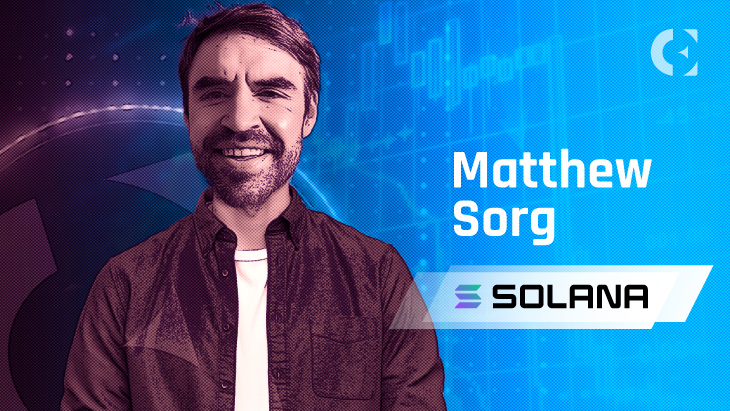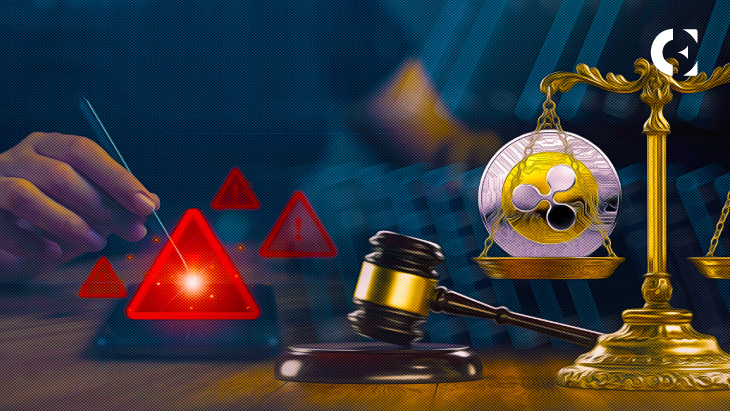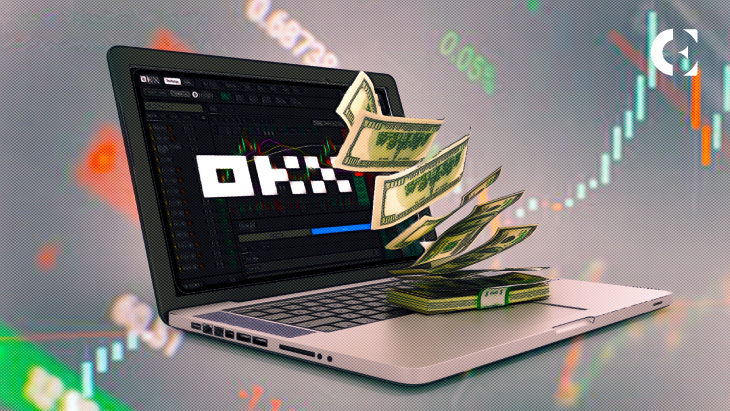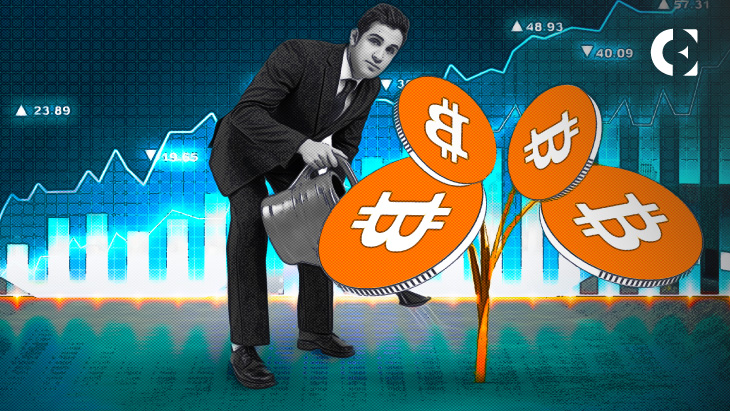With a passion for conducting revolutionary research on mission-driven solutions, Matthew Sorg, Product and Tech Leader at Solana Foundation, has been working, along with his team, to build scalable products to improve value for users.
Sorg, through his 12 years of experience, has made his mark across industries such as machine learning, infrastructure, data storage, battery improvements, and scalable decentralized state machines (Solana), focusing on providing life-changing solutions.
Coin Edition interviews Matthew Sorg to understand Solana’s future and the amazing comeback it made.
When you were still new to the team, earlier in 2022, SOL ran into a series of bugs that caused the network to halt. How did ushering in the comeback of Solana feel at that time?
There is a lot of mania and misconceptions about what happened. The “series” was 3 total halts in 2022, amounting to 19 hours total. There wasn’t an entity that turned off the chain as some imply, the halts were caused by the validators not being able to reach a consensus. In order to start the chain again, the 80%+ of stake weight had to enter gossip and vote on the next block. No one entity “turned it on.”
Solana is built with an entirely new blockchain architecture. Solana does more transactions per day compared to all other public blockchains combined. That doesn’t just happen easily and it’s a core focus of ours to scale while maintaining stability. It comes with hard work. There have been 14 major updates to the Solana protocol and many iterative changes.
Being part of a protocol that has already shown verifiable innovations and has very clear paths to expand has me getting up every day ready to improve. We are solving valuable problems.
CoinGecko data shows that SOL managed to flip Polygon as the 10th-largest crypto asset by market capitalization, earlier this month. This came after a seven-day rally that saw it rise by over 70%. How do you feel about this win?
Wow! This just isn’t how we look at things. It’s hard to even address it. We’re here to make technology that facilitates collaboration and knowledge around the world as fast as the speed of light will allow.
A report by ElectricCapital shows that Solana is the fastest-growing developer ecosystem, surpassing 2,000 total developers in 2022. How do you feel Solana blockchain development is catering to an environment for developer growth?
I’ve been part of engineering orgs that will spend millions of dollars on teams that reduce the load times and increases the performance of applications by 10%
Solana reduces the load times over many competitors, including L2s by over 95%. This is done so that developers, especially those focused on users and not just for the hype, often choose Solana. What’s amazing is that Solana does this with 2,200+ permissionless validators. Many competitors have permission validator sets and still can’t reach this performance.
Attracting great developers is just a basic case of Solana being a great place to execute a product strategy on a protocol that doesn’t play favorites.
How would you react to some assumptions made online about the Solana developer community, such as “Solana developer community has been cut down to only 75” or that it is “liquidated”?
The 75 developer count was simply really poorly researched. It didn’t express it, but it was only counting contributors to the core protocol. The core Solana Labs repo used to have projects contribute to a Token List to track token metadata. When that repo was deprecated, the number of contributors went down, that simple. It’s really unfortunate that news sites will turn that into hysteria, but unfortunately, there is still a lot of noise.
Here’s a more accurate representation. As you stated in an earlier question, there are over 2,000 active devs in the ecosystem, second only to ETH mainnet.
Solana programming is pretty different than EVM. The huge benefit is that projects can use already audited code for most product strategies like NFTs and Tokens, including for even more complex projects such as DeFi, DAO, and other strategies.
The complex part is if a project wants specific custom code. From that side, it is improving every day. Moreover, Python is available, and EVM and Move are coming. Solana keeps on getting more configurable and easier to use
Gamers like to have fun. It’s usually a turn-off to have subscriptions and microtransactions sold to them mid-game. Being a game-lover yourself, how do you feel about this?
I think if games are enjoyable enough, players are happy to contribute to them financially, they just don’t want monetization thrown in their faces or creating a lot of friction.
Hackings have shown a rising trend in the blockchain gaming space. How would you like to assure the community against such hacking and malpractices?
Consumer protection is incredibly important. 15 years ago, email users would constantly deal with malicious links. Just like email services evolved, so does blockchain.
A great example of this is the Solana Mobile Stack. We are creating open-source libraries that include secure key stores and communication with key signing so that apps never have the access to users’ keys.
On top of that, there’s lots of work on protecting what the user is signing and making it more transparent.
This is definitely an area I’m excited to work with everyone in the industry.
Blockchain technology is considered the digital crusader against corruption. What are your opinions about this?
Blockchain technology is transparent. This has a lot of benefits to prevent entities from misrepresenting what they do.
Play-2-Earn is a growing trend in the Web3 gaming universe. What are your opinions about this?
I don’t think advertising that earning is the reason to play a game is healthy.
I think the space will mature to where the narrative is more about how the blockchain/web3 can facilitate more valuable experiences. These valuable experiences will make some players happy to pay money into the system without any expectation of profit.
Blockchain is great for this purpose. If a game community member makes a tool, it’s transparent to its users on how they benefit and how that translates to the value of the ecosystem. Web2 gamers are already creating valuable tools, but with web3 you can incentivize them even more, meaning a games’ ecosystem can be even more fun.
It looks like Solana is going for “unconventionality” in its brand voice. You can see that in instances like naming your meme coin BONK, or that SOL costs less than ETH, but works better, or writing “Solana hackathons are not traditional hackathons” on your website. Is that a deliberate choice? How would you describe Solana’s brand voice?
It’s pretty hard to call anything “conventional” in this new industry. I’m not a brand expert, I just know that Solana has some truly differentiated benefits.
What’s in the pipeline for Solana in the future?
Tons of things! Solana is the protocol and ecosystem that’s always improving. Here’s an article that will explain some things, but it’s hard to truly capture it all.
What tips would you give to blockchain gamers or the crypto community?
I think blockchain gamer is a weird term. There aren’t cloud-backend-based gamers or free-to-play gamers. Blockchain is a technology that allows for awesome collaboration around a game.
Right now, it’s probably an identity because of how contentious the use of blockchain and NFTs have been. In that sense, my advice would be to have an open mind about gamers who dislike Blockchain, currently. As the fun and meaningful integrations keep coming out, people will see that it’s just a technology that can be used negatively *and* positively.
Disclaimer: The information presented in this article is for informational and educational purposes only. The article does not constitute financial advice or advice of any kind. Coin Edition is not responsible for any losses incurred as a result of the utilization of content, products, or services mentioned. Readers are advised to exercise caution before taking any action related to the company.










